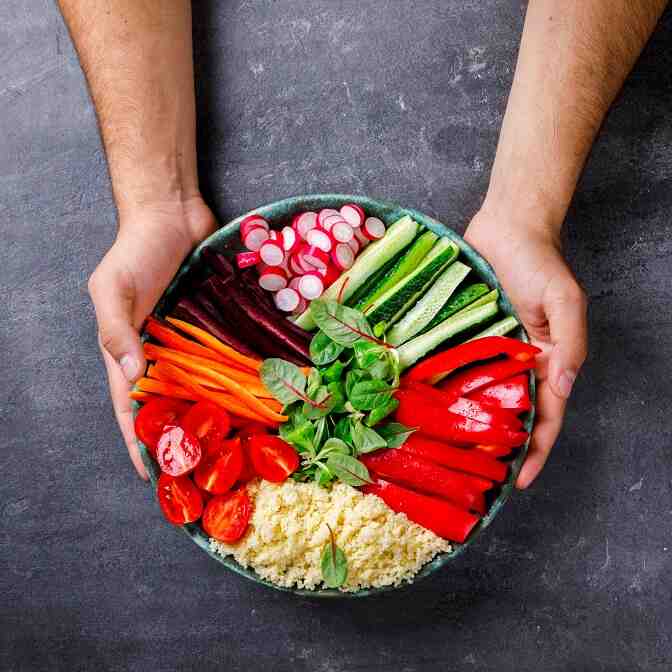Can Drinking Coffee Help You Lose Weight?
Coffee is one of the most popular beverages in the world, loved for its energizing effects and rich flavor. Beyond being a morning pick-me-up, some claim that coffee can aid in weight loss. But how much of this is true, and what does science say about the connection between coffee and weight management? Let’s explore.
The Science Behind Coffee and Weight Loss
- Boosts Metabolism:
- Coffee contains caffeine, a natural stimulant that can increase your metabolic rate.
- Studies suggest that caffeine can boost resting metabolic rate (RMR) by 3-11%, meaning your body burns more calories even at rest.
- Enhances Physical Performance:
- Caffeine can improve exercise performance by increasing adrenaline levels and mobilizing fatty acids from fat tissues.
- Better workouts mean more calories burned, which can support weight loss.
- Appetite Suppression:
- Caffeine may act as a mild appetite suppressant for some people, helping to reduce calorie intake.
- However, the effects vary from person to person and may diminish over time with regular coffee consumption.
- Improves Fat Oxidation:
- Caffeine can increase the body’s ability to break down fat for energy, particularly during exercise.
- This process, known as fat oxidation, may contribute to weight loss efforts.
Potential Pitfalls of Using Coffee for Weight Loss
While coffee has potential benefits, it’s not a magic solution. There are some caveats to consider:
- Calorie-Laden Additions:
- Adding sugar, cream, flavored syrups, or whipped cream can turn your coffee into a high-calorie dessert.
- Stick to black coffee or use low-calorie alternatives like almond milk or a natural sweetener if you’re watching your calorie intake.
- Overconsumption:
- Drinking excessive amounts of coffee can lead to side effects like jitteriness, insomnia, and digestive issues.
- High caffeine intake can also increase cortisol levels, which may contribute to weight gain in some individuals.
- Dependency and Tolerance:
- Over time, your body may build a tolerance to caffeine, reducing its metabolic and appetite-suppressing effects.
- Relying solely on coffee for weight loss is not sustainable.
- Not a Substitute for Healthy Habits:
- Coffee can complement a healthy lifestyle, but it’s not a replacement for balanced nutrition and regular exercise.
- Overemphasis on coffee for weight loss might divert attention from more effective, sustainable habits.
Tips for Using Coffee to Support Weight Loss
If you want to include coffee in your weight loss journey, here are some practical tips:
- Choose Black Coffee:
- Black coffee is low in calories and free from added sugars and fats.
- Avoid calorie-dense coffee drinks from cafes, which can easily exceed 300-500 calories per serving.
- Time Your Coffee Wisely:
- Drinking coffee before a workout can boost energy and fat-burning potential.
- Avoid drinking coffee late in the day to prevent sleep disruptions, which can indirectly affect weight management.
- Don’t Rely Solely on Coffee:
- Use coffee as a supplementary tool, not the cornerstone of your weight loss strategy.
- Focus on creating a calorie deficit through a combination of diet and exercise.
- Moderate Your Intake:
- Stick to 1-3 cups of coffee per day to reap the benefits without overloading on caffeine.
- Be mindful of how coffee affects your individual body and adjust accordingly.
The Role of Green Coffee
Green coffee, made from unroasted coffee beans, has gained attention as a weight loss supplement due to its chlorogenic acid content. Chlorogenic acid is believed to reduce carbohydrate absorption and improve fat metabolism. However, research on green coffee’s effectiveness is limited, and it’s not a guaranteed solution for weight loss. As with regular coffee, it’s best to approach green coffee as part of a broader healthy lifestyle.
Final Thoughts
Drinking coffee can support weight loss efforts, but it’s not a standalone solution. Its metabolism-boosting and appetite-suppressing effects can complement a balanced diet and regular exercise. However, it’s important to consume coffee mindfully, avoid high-calorie additives, and recognize its limitations. Weight loss is best achieved through sustainable lifestyle changes rather than relying on quick fixes or single strategies. Enjoy your coffee, but let it be just one part of your journey to better health.






